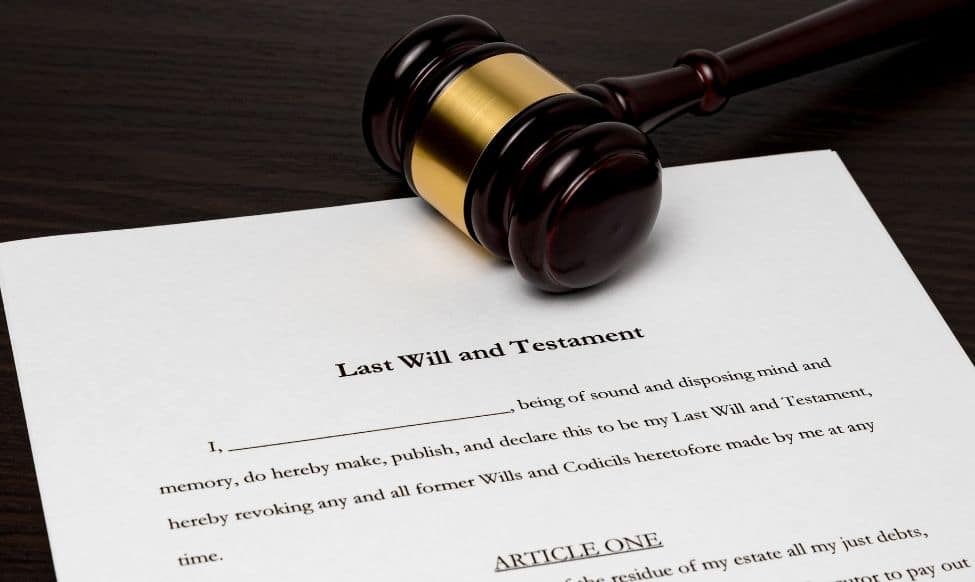Whether we’re talking about named beneficiaries on a brokerage account or beneficiaries in a Will, there is a way to change them – even after death.
Perhaps getting an inheritance now could be a problem for you. It could be for tax reasons or because you’re about to go through a nasty divorce and don’t want the inheritance thrown into the mix. Or it could just be because you’re fairly well off and you’d like your siblings to inherit more.
One way to accomplish this is by the use of a disclaimer. New York Surrogate’s Court actually calls it a renunciation since the beneficiary is renouncing his or her right to receive a gift or bequest. It doesn’t matter whether the gift is left in a Will, trust, or by beneficiary designation.
However, whether it will accomplish your purpose in getting your share to your siblings depends upon how the document is worded. A disclaimer is treated as if you had predeceased the decedent. So, before exercising a disclaimer, it is very important to first determine whom the decedent has selected as the successors. If the decedent died without a Will, then the successors would be determined by New York state law.
So, if the decedent’s Will says “everything to my three children, but if any of my children predecease me, then I leave that deceased child’s share to my other surviving children, equally,” your siblings would inherit your share.
But, if the decedent’s Will says “everything to my three children equally, but if any of my children predeceases me, then I leave that deceased child’s share to his own surviving children,” your disclaimed share would go to your children, not your siblings. You, being “pre-deceased,” would have no say as to where it goes. Your children would also have to disclaim their shares for your siblings to inherit. And, depending on who else may be alive, they still may not get it.
The same would be true if this was a brokerage account with beneficiary designations. Most times the primary beneficiaries are the children and the contingent beneficiaries are the grandchildren. This would then get your disclaimed share to your siblings. But, if your parent spoke to an estate planning attorney (and if the brokerage firm allowed it), your parent might have put a “per stirpes” designation next to each of your names. This means that it would follow the bloodline and your share (like above) would go to your children, and not your siblings.
As I mentioned above, disclaimers can be a good tax savings tool since, for tax purposes, it is treated as if you never owned the asset. Therefore there are no gift tax consequences. By contrast, if you first accept your share and then gift it to your siblings, you would need to file a Gift Tax Return for amounts over $14,000 per sibling, and the gifts to them would reduce your own lifetime exemption from gift and estate tax (currently $5.43 million per person), making less available for you later on to shield bequests to your own beneficiaries.
To be effective, a disclaimer must meet certain requirements: it must be in writing, it must be made before you accept the gift or any of its benefits, and it must be made not later than nine months after the person’s death. Also, a person receiving Medicaid should never make a disclaimer without first checking with an elder law or estate planning attorney, as doing so would be treated as a prohibited transfer of assets and could jeopardize continued eligibility for those public benefits.

